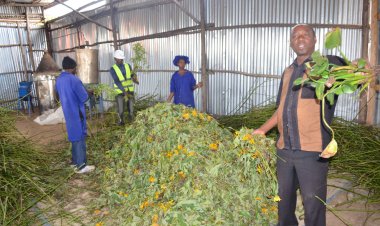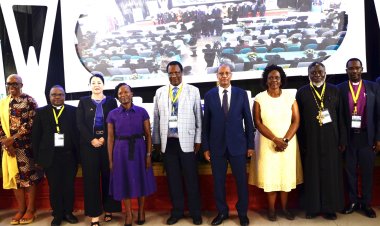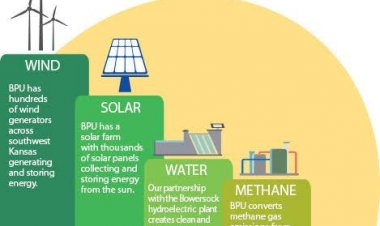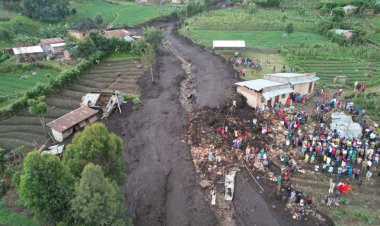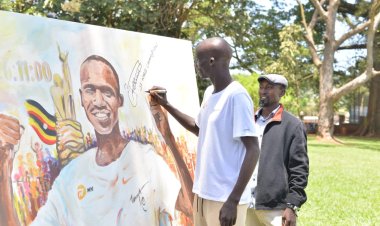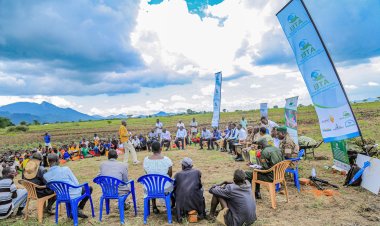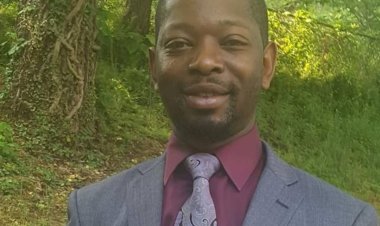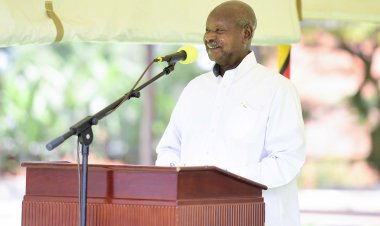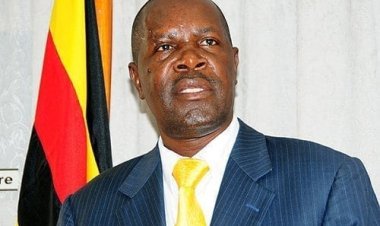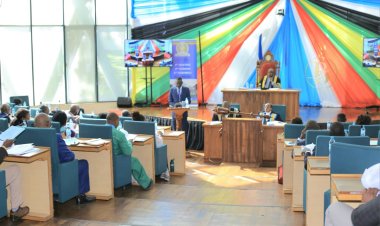River Rwizi, the lifeblood of 4 million people, is dying. It must be saved
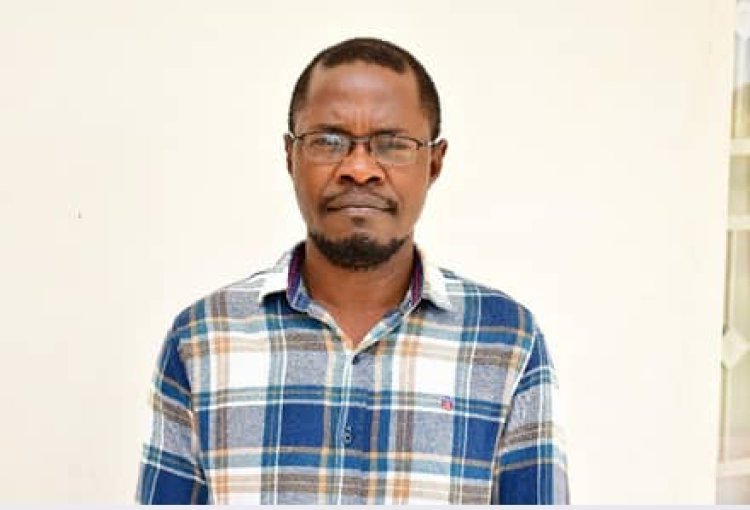
By Elias Biryabarema
River Rwizi is dying.
One Research paper reported in 2021 the water body that serves four million people across a vast swath of Western and Central Uganda and the sole source of water for Mbarara, Uganda’s second largest city, “is almost lost.”
The ramifications of losing this critical natural resource are almost as incalculable as they are chilling, even catastrophic.
From expert observers, environmental officials to riparian communities, the causes for this disaster have been long known: human activity and climate changes.
Climate change-driven effects like frequent droughts and a rise in temperatures that are strangling the river are harder to solve and require more systemic, capital intensive, technology-heavy, large scale solutions that while possible, take time and consume vast resources.
The harm that stems from human activities, however, is easier to solve.
Man-driven activities that have taken a toll on the river’s health include irresponsible disposal of plastic materials and other waste, agricultural activity on the river’s banks, deforestation and widespread destruction of wetlands in the catchment area.
Header advertisement
Simple innovations that involve collaboration and networking between civil society, communities and the government can go a long way to tackle these.
To save River Rwizi, stakeholders need to go for the low hanging fruits, first, and then efforts can be scaled up to more sophisticated, grander and long-lasting solutions.
One of these low hanging fruits for instance is driving a mindset change on waste disposal in riparian communities.
In Uganda, large towns like the capital or others like Mbarara or Jinja have municipal trash collection and management services. Some private operators also play a role.
Combined, this dual effort ensures at least waste in large urban settings in Uganda is disposed of and managed properly.
In small trading centres and villages however trash collection is non-existent. Along the riparian communities of River Rwizi’s catchment area, this has meant that a lot of the plastic bottles and other trash carelessly disposed of finds its way into the river.
This needs to change. Both civil society organisations, local authorities and national governments need to join efforts to implement campaigns targeting communities along the river’s course to sensitize them on the need to dispose of waste responsibly.
Secondly, in the absence of a market-driven solution, a cost-effective and innovative waste management systems for rural areas and small urban communities along the river needs to be found.
Similar tailor-made solutions have worked for unbanked population in the financial sector. I believe the success of some customised innovations in the financial sector can be replicated and deployed to save River Rwizi.
This needs to happen now.
Elias Biryabarema is a concerned citizen and Team Leader at Climate Hotspots Africa. ebiryabarema@gmail.com

 POATV Reporter
POATV Reporter 






